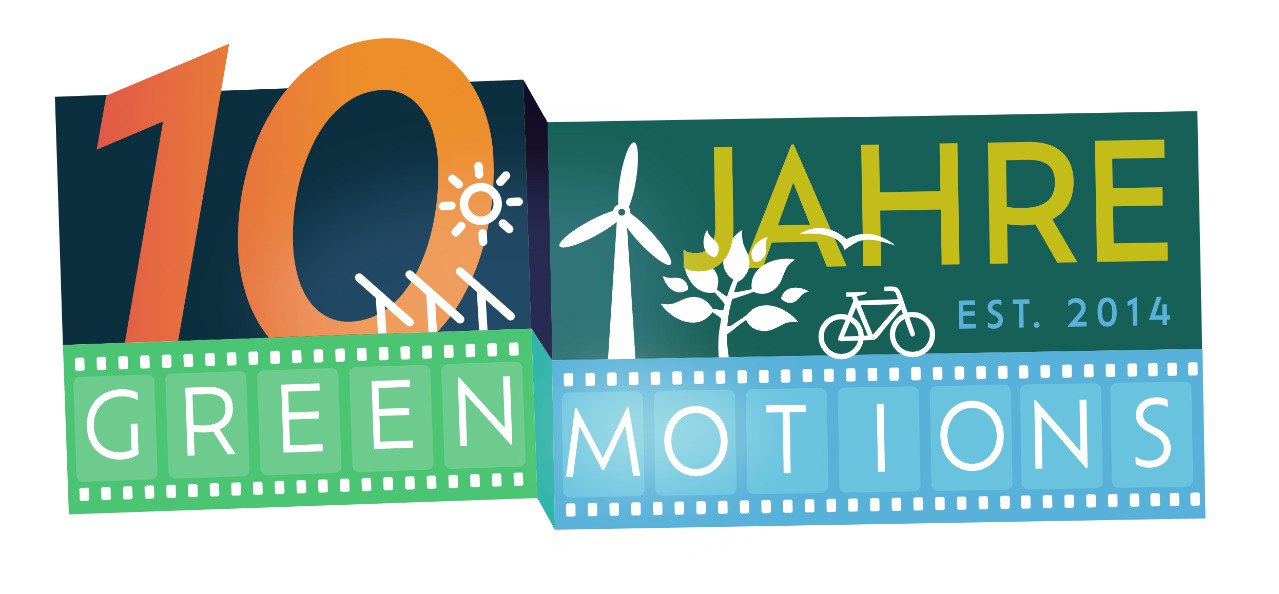Decolonizing our minds: Rethinking what has been normalized in environmental action
Session Details
When: November 11th, 12pm – 3pm
Language: English
No. of Participants: Around 20
Reservations: reservation@greenmotions-filmfestival.de
About the Workshop
While the period of formal historical European colonization may be over, it has left us with a powerful system shaping our being and thinking in this world, influencing, among other things, environmental and climate action. Art, including cinema, is a powerful means to shape how we perceive the world, and has reproduced coloniality by making us look at the world through a ‘colonial gaze’. In this three hour workshop, we will collaboratively build an understanding of (de-)coloniality and how it shapes our lived experiences, particularly regarding how we understand environmental challenges and how we address them. To do so, we will center voices from the global South, authors and artists in particular. Following this, we will reflect and discuss how to approach and deconstruct this power system: What is our agency in order to strive for a more environmentally just world? We take the film festival as an opportunity to reflect how producing and watching cinema may not merely reproduce, but also challenge the colonial gaze, especially in our quest to create a “greener” world.
About MEG for Decoloniality
This workshop will be conducted by MEG for Decoloniality, a group of students who study, or have studied, the MSc Environmental Governance (MEG) at the University of Freiburg. Consisting of people with very different personal experiences of coloniality, the group emphasizes the need to learn about and actively dismantle colonial contingencies in the classroom, the university and beyond. It pursues this aim by increasing awareness and engagement with topics of coloniality and decoloniality in MEG and beyond, and advocating for alternative ways of learning, producing knowledge, and relating to each other.

Learning goals
- participants have an understanding of (de)coloniality
- participants can make a link between a theoretical understanding of (de)coloniality and how it is present in their lives
- participants have an understanding of the connection of cinema and the colonial gaze
- participants are able to reflect actively and critically on their own positionality while being a viewer (or watching movies)
Potential sources:
The Gaze As Theoretical Touchstone: The Intersection of Film Studies, Feminist Theory, and Postcolonial Theory: https://www.jstor.org/stable/40004635
Decolonizing the screen through indigenous cinema: https://www.youtube.com/watch?v=GPj08dAiZwc
Decolonizing the lens of power: https://brill.com/display/title/27900
Toward decolonized film festival worlds: https://link.springer.com/chapter/10.1007/978-3-031-14171-3_14


